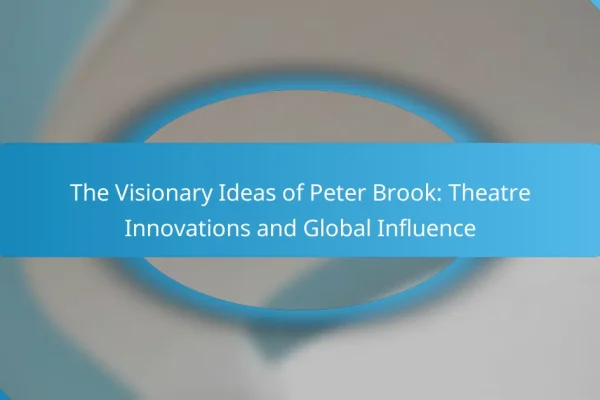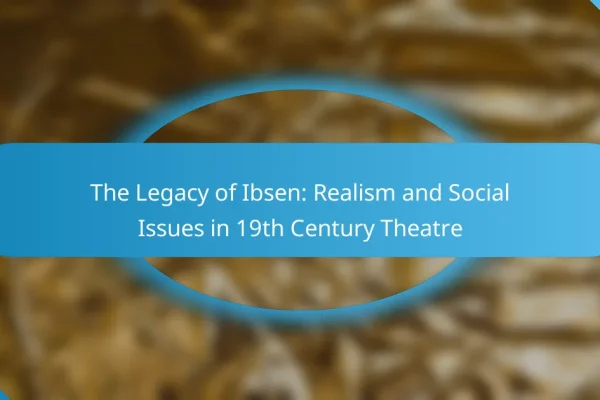
The Work of Samuel Beckett: Absurdism and Existential Themes in Theatre
Samuel Beckett is a prominent playwright known for his exploration of absurdity, existentialism, and the human condition in his theatrical works. Key themes in Beckett’s plays, such as “Waiting for Godot,” “Endgame,” and “Krapp’s Last Tape,” highlight the illogical aspects of life, the search for meaning in an indifferent universe, and the experiences of isolation…


